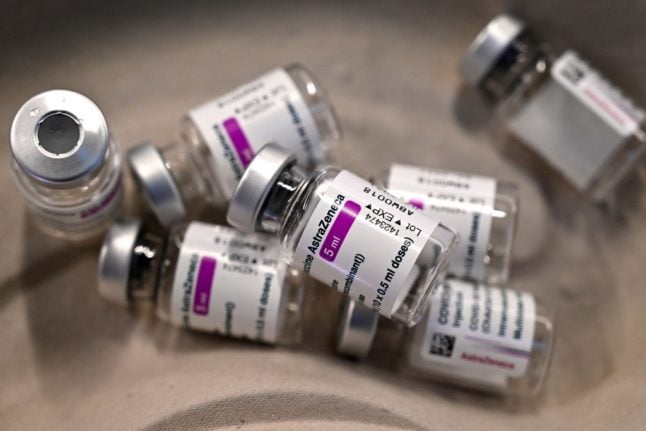Not since the Vassdalen accident in 1986, which left 16 young Norwegian soldiers dead, have so many people perished in a single avalanche.
Survivors were transported to the university hospital in Tromsø on Monday. There they were offered professional counseling after the incident in nearby Kåfjord that left five of twelve hikers dead in a Swiss expedition led by two French guides.
Police do not yet know what triggered the violent slide on a mountainside in the far north of Norway.
The group was travelling on skis at a height of 1,000 metres when a vast snow mass descended on the Sorbmegaisa mountain, engulfing six people. Sorbmegaisa means “very dangerous mountain” in the indigenous Sami language.
In a major rescue operation, involving ground personnel, avalanche dogs and helicopters, one of the hikers was dug out alive.
Switzerland’s embassy in Sweden, which also represents the country’s interests in Norway, pledged to assist the survivors of the accident.
“We have sent a staff member from our embassy in Stockholm to Troms to support the survivors. We are also in constant contact with the Norwegian authorities,” Swiss foreign ministry spokeswoman Jenny Piaget told news agency NTB on Monday night.
“We want to express our deepest condolences to the families and friends of those who died in this tragic accident,” she added in an email.
Police on Tuesday identified the five victims, amid criticism over the group’s decision to ski in a dangerous area.
“The victims are a Frenchman and four Swiss nationals. We have identified them but we’re not going to publish their names until we’re sure that their next of kin have been informed,” Tromsø police officer Morten Pettersen told AFP.
Around 30 rescue workers, assisted by dogs and several helicopters, were took part in the search-and-rescue operation, while F-16 fighter jets were also deployed to help with observations at the site.
A sixth member of the group — a Swiss tourist in his 50s — was dug out of the snow alive and taken to hospital, a hospital spokesman said.
“His injuries are moderate and his condition is stable,” Jan Fredrik Frantzen told AFP.
Criticism arose on Tuesday over the group’s decision to ski in the area.
The 12-member expedition had split into two six-person groups each made up of five Swiss nationals and one French guide. Only one of the groups was
caught in the avalanche.
“I would never have ventured into that area,” said Eirik Braein Gikling, an expedition organiser quoted in daily Dagbladet.
“We hope the inquiry will provide us with some answers” on the possibly dangerous decision taken by the skiers, Pettersen said.
Avalanches are common in Norway at this time of year as blocks of snow and ice begin crumbling under the first rays of spring sun.


 Please whitelist us to continue reading.
Please whitelist us to continue reading.
Member comments